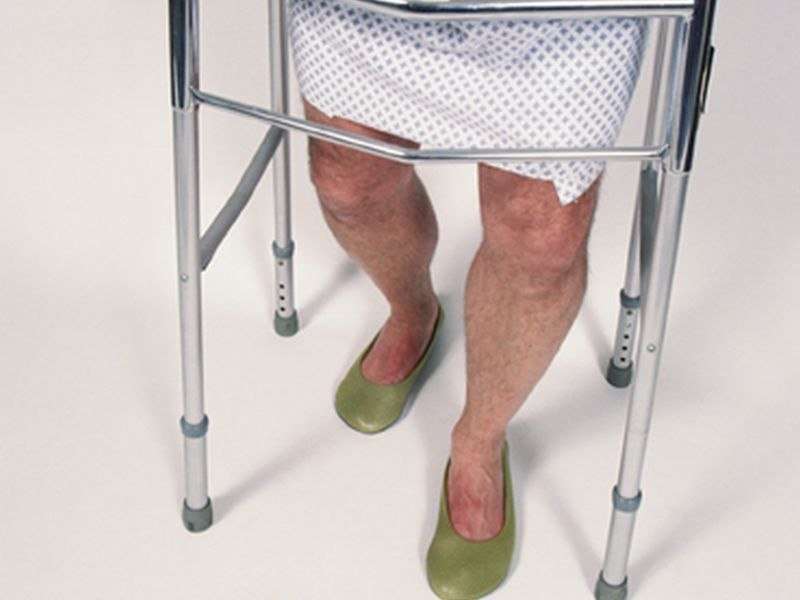Self-reported symptoms in elderly predict readmission

(HealthDay)—Post-discharge symptoms self-reported by frail, elderly adults may predict 30-day hospital readmission and emergency department visits, according to a study published online Dec. 12 in the Journal of the American Geriatrics Society.
Lynn S. Borkenhagen, D.N.P., from the Mayo Clinic in Rochester, Minn., and colleagues assessed how much self-reported symptoms predict unplanned 30-day readmission or emergency department visits among 230 high-risk, frail, elderly adults (mean age, 83.5) enrolled in a post-hospitalization care-transition program.
The researchers found that 51 participants returned to the hospital within 30 days of discharge: 13 had emergency department visits and 38 were readmitted. There were no significant differences in age, sex, or Charlson Comorbidity Index between returning and nonreturning participants. However, returning participants were significantly more likely to report shortness of breath, anxiety, depression, and drowsiness. Overall Edmonton Symptom Assessment System score was also a significant predictor of hospital return.
"Including symptoms in risk stratification of high-risk elderly adults may help target interventions and reduce readmissions," the authors write.
More information:
Abstract
Full Text (subscription or payment may be required)
Copyright © 2017 HealthDay. All rights reserved.

















